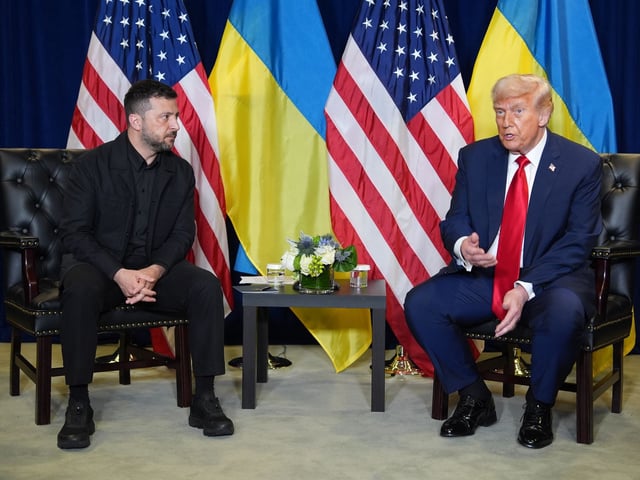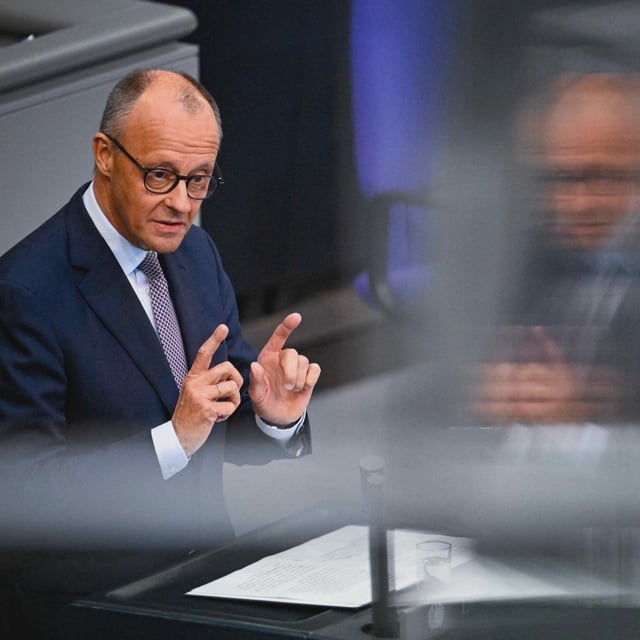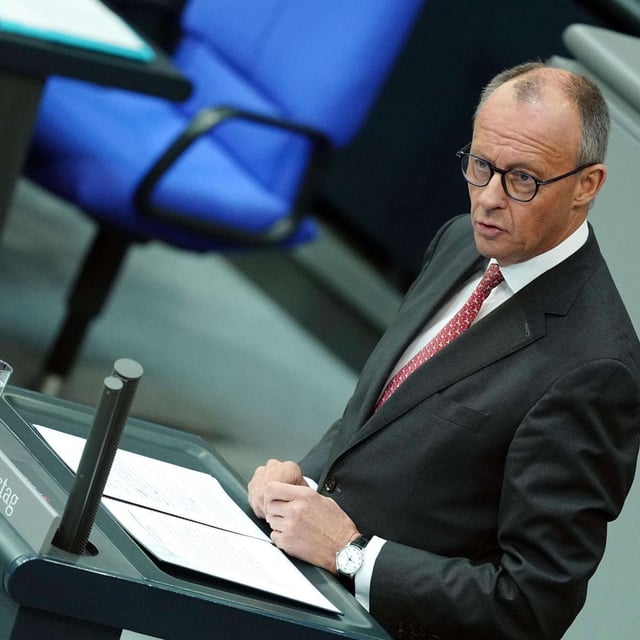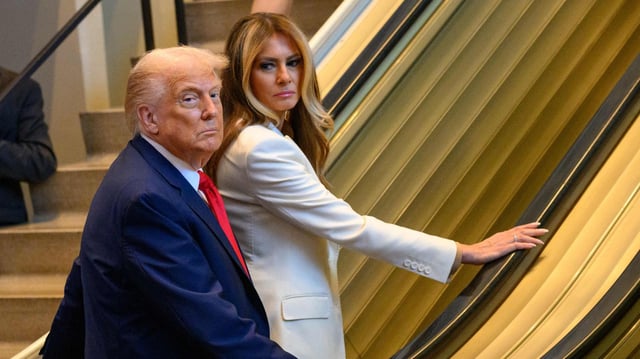Overview
- Chancellor Friedrich Merz urged swift reforms to support growth and said changes are meant to preserve, not dismantle, the welfare state, while offering few specifics beyond a cabinet retreat next week and planned talks with the auto and steel sectors.
- Merz left foreign policy out of his address and skipped the UN General Assembly, prompting Greens co-leader Britta Haßelmann to say he should have represented Germany in New York after President Donald Trump’s speech.
- The government’s package foresees roughly €521 billion in core spending plus about €107 billion from special funds, financed with around €174 billion in new borrowing, figures that fueled sharp attacks from AfD and the Left over debt and priorities.
- SPD parliamentary leader Matthias Miersch pressed for rapid delivery on housing, bureaucracy cuts, an infrastructure acceleration law and faster digitalization, warning that voters expect tangible improvements soon.
- Transport Minister Patrick Schnieder remains under pressure over a reported €20 billion shortfall for bridges, roads and rail to 2029 despite a €500 billion infrastructure fund, intensifying friction with Finance Minister Lars Klingbeil as budget committee work proceeds toward mid-November.



